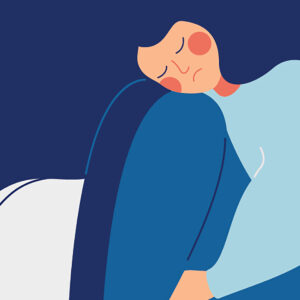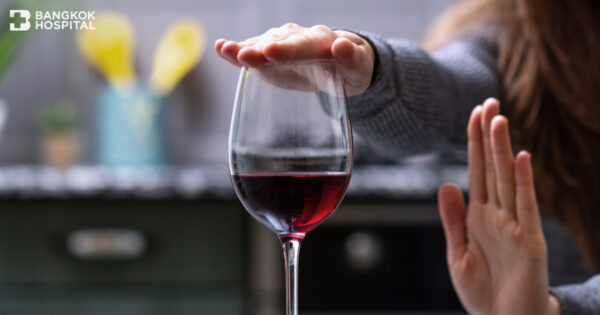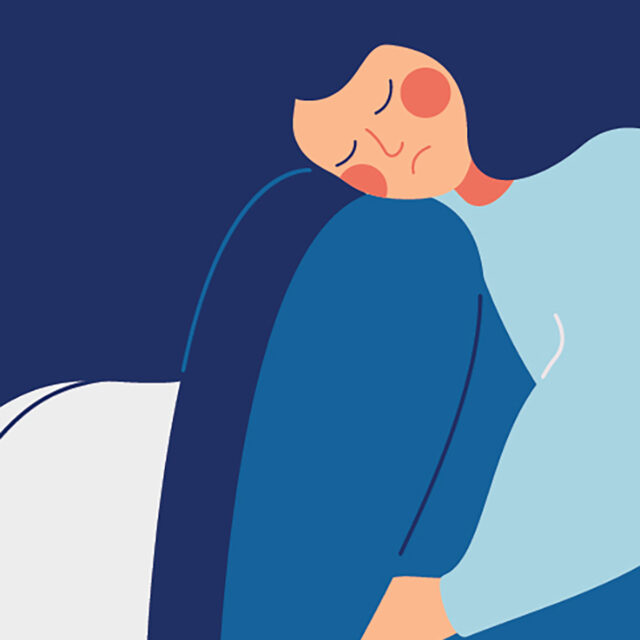The 6 Steps to Drink Less and Successfully Quit Alcohol
If you drink more than recommended and wish to reduce your consumption to a safe amount, the following 6 steps will help you cut down and eventually quit.
Step 1: Find Reasons to Drink Less
Consider the benefits you might experience by drinking less, such as:
– You will save a significant amount of money, which can be spent on things you need
– Your health will improve
– You will lower your risk of serious diseases like cirrhosis, heart disease, high blood pressure, and dementia
– Your children and grandchildren may be less likely to become drinkers and so on
Step 2: Set a Drinking Goal
Once you have good reasons to drink less, decide when you will start, how many drinks you will have per day, which days you won’t drink at all, and how many drinks you will have per week in total. After setting these goals, track your drinking for 4 consecutive weeks to see if you can adhere to your plan.
Step 3: Identify Risk Situations
After tracking your drinking for 1 – 2 weeks, you will begin to notice certain situations where it’s particularly challenging to stick to your set limits.
Identify these risky situations, such as:
– After work
– When you receive your salary
– When feeling angry, lonely, or sad, and so on
Step 4: Manage Risk Situations
Knowing your risk situations, it’s time to find ways to deal with them.
Examples of how to manage risk situations include:
– Engaging in activities after work, such as exercising, playing sports, or pursuing hobbies
– Not keeping too much cash on you
– Avoiding heavy-drinking friends
– Celebrating in new ways, like doing charitable work or dining out with family
– Keeping yourself busy to avoid thinking about drinking
– Switching to drinks with lower alcohol content
– Diluting your drink with soda or ice
– Practicing refusal when offered a drink, like saying, “My doctor advised against it,” and so on
Step 5: Find Support
Managing risk situations becomes easier if you have someone to rely on, such as a spouse, partner, or a friend who is also trying to drink less. The ideal support person is someone you trust, easily accessible, sincere, can offer advice, and is always willing to help when you need it.
If your drinking has caused health problems, seeking help from doctors, nurses, or counsellors is the best option. Do not be embarrassed to seek professional help as they can genuinely assist you.
Step 6: Stick to Your Goals
Continue to monitor your drinking habits to check if you’ve been able to reduce your consumption. If you’re committed, you will definitely achieve your goal, and your records will show you how your drinking patterns have changed.
While the change might not be as significant as you hoped, you’ve still made considerable progress from when you first decided to drink less. Keeping yourself entertained with various activities and consulting with your “support” regularly can motivate and encourage you to overcome your risk situations even more.
What if You Still Can’t Drink Less??
If you find that you’re still drinking more than intended, don’t lose hope or think of yourself as a failure. Instead, try to understand why this is happening and find a solution, possibly with the help of your “support.”
Also, don’t dwell on the days you drank too much; remember the days you managed to drink less successfully. Keep trying, one day at a time, and it will gradually become easier.
Bangkok Psychiatric Hospital is ready to take care of you from the moment you decide to reduce or quit drinking through a standard treatment process, including detoxification, continuous rehabilitation with individual or group therapy for maximum efficiency, and a variety of activities to improve both physical and mental health, led by a team of experts, as well as relapse prevention, and support from self-help groups, ensuring that your efforts to quit drinking are successful.






